Search Results
Showing results 581 to 600 of 775
Magnus Glider
Source Institutions
A design challenge that takes paper airplanes into an entirely different direction: a magnus glider uses cups and and rubber bands to create a glider that uses the same forces that a curveball (from b
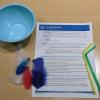
Feather Rockets
Source Institutions
In this activity, learners will make and launch feather rockets. Lerners will use science process skils such as making predictions and measuring while launching the rockets.
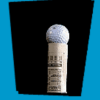
Super Golf Tower
Source Institutions
In this engineering activity, challenge learners to build a tower out of 10 sheets of newspaper and 3 feet of masking tape, which can hold a golf ball balancing at the top.
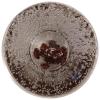
Dancing Raisins
Source Institutions
In this activity, learners will explore density and it's relationship with mass.
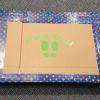
Paper Cup Stool
Source Institutions
In this activity, learners will explore how and why weight distribution works.
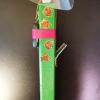
Personal Fan
Source Institutions
Cool off in the heat with this project! Learners use simple materials to build a fan that runs on a motor.
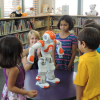
Circuits with Friends
Source Institutions
In this activity, learners explore the parts of a circuit by modeling, as a group, a “human” circuit.
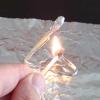
Physics by the Fire: Matchstick Rocket
Source Institutions
Learners build a small rocket using a matchstick and a piece of aluminum foil. A second, lit match launches the match rocket. This activity involves fire; adult supervision required.
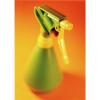
Wet Art
Source Institutions
In this activity (located on page 10 of the PDF), learners explore the properties of spraying and dripping water, while making art.
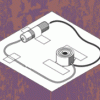
Hidden Alarm
Source Institutions
In this design challenge activity, learners invent a device that will make their friends and family ask, "What's buzzing?" Learners design an alarm with an on/off switch that is small enough to hide.

What does Color have to do with Cooling?
Source Institutions
In this demonstration/experiment, learners discover that different colors and materials (metals, fabrics, paints) radiate different amounts of energy and therefore, cool at different rates.
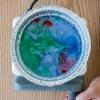
Pie-Pan Convection
Source Institutions
It's difficult to see convection currents in any liquid that's undergoing a temperature change, but in this Exploratorium Science Snack, you can see the currents with the help of food coloring.
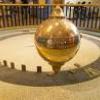
Magnetic Pendulum
Source Institutions
In this activity about magnetism (page 15 of the PDF), learners will explore how opposite and similar magnetic poles affect a swinging (pendulum) magnet.

Standing in the Shadow of Earth
Source Institutions
This fun and simple hands-on astronomy activity demonstrates the shadow of the Earth as it rises as a dark blue shadow above the eastern horizon.
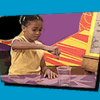
Penny Cup Game
Source Institutions
In this optics activity, learners conduct an experiment to find out why two eyes are better than one!
What's in the Bag?
Source Institutions
In this activity, young learners use their sense of touch rather than sight to identify a mystery object in a bag. Learners take turns acting as "peekers" and "sensers" throughout the game.
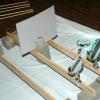
Glass and Mirrors: An Inside Look at Telescopes
Source Institutions
This hands-on astronomy activity allows you to create a “cutaway” telescope to clearly show how reflector and refractor telescopes work.
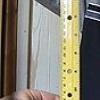
How Fast Are You?
Source Institutions
This activity is designed to let learners measure their reaction time or response time to something they see.
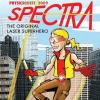
Spots, Lines and Lasers
Source Institutions
Learners shine the light of a laser pointer through sheets of fabric that all have a different number of threads per inch.

Chemical Breath
Source Institutions
This is a chemistry lab activity about solutions (page 7 of the PDF). Learners see firsthand how chemicals in a solution can combine to form an entirely different substance.
